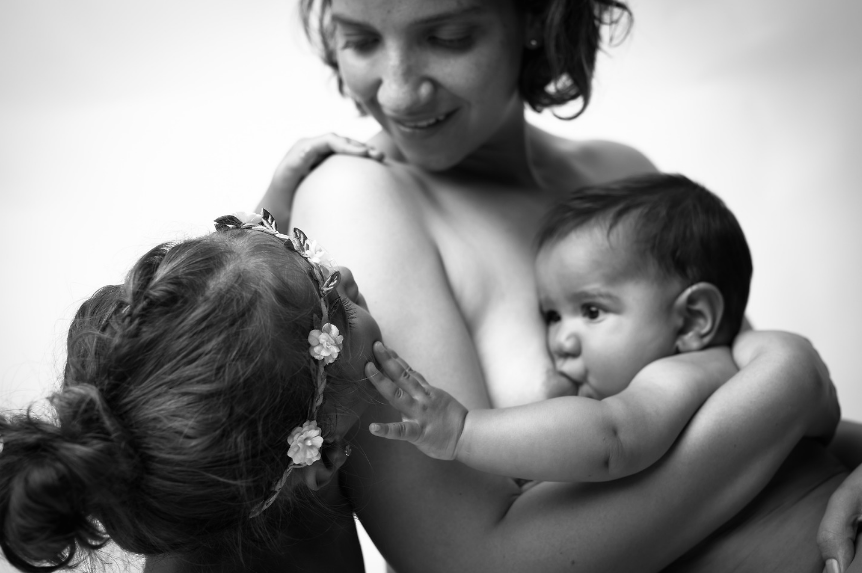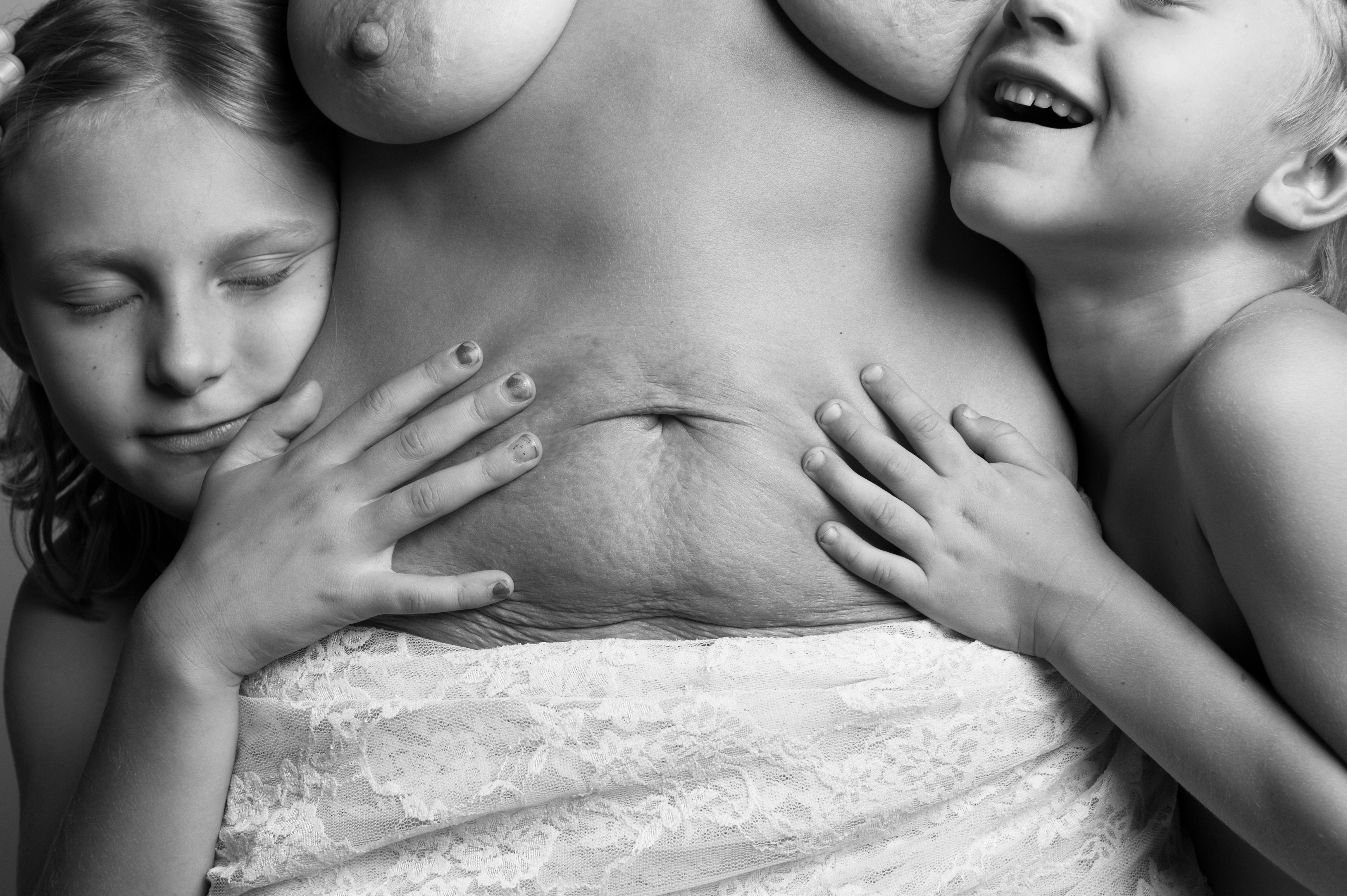TRANSFORMING YOUR CONNECTION
Do you long to step away from the busyness and focus on what is of true value?
do you hear a calling to return to your wise and open motherly heart and to inspire emotional intelligence in the next generation?
I invite you on a journey to integrate new ways of parenting, a journey that rewards you with a deeper connection with yourself and your child.
CONNECTION WITH YOURSELF
The hidden gift for you.
Motherhood comes with a gift often missed, the gift to re-parent ourselves. Our children hold up mirrors for us to see all those parts that have not yet been healed, and we have a choice, to suffer alone in solitude or to be courageous (and vulnerable) enough to share our experience and transform from it. This is an invitation to heal those uncomfortable, often buried, feelings that need kindness and understanding. An invitation to love our authentic, beautifully imperfect, messy selves.
Motherhood, whilst precious, also stretches us mentally, physically and emotionally and thus necessitates self-care that nurtures us on all those levels. We all know that self-care is necessary, the benefit of coaching is in addressing the practical and psychological barriers that get in the way of applying it. The gift that transpires is an increase in our level of self-awareness and presence.
CONNECTION WITH YOUR CHILD
The hidden gift for your child.
Our cultural definition of success in parenting often revolves around academic achievement. There is though, a higher predictor of happiness, emotional intelligence (EQ). I believe we can model and interact in a way that develops our children’s ability to navigate their feelings, regulate their emotions, peacefully resolve conflicts and have a growth-mindset to bring resilience to challenges. This modelling requires us to tenderly & courageously bring awareness to our disconnecting habits with fierce self-compassion.
For example, to promote self-esteem and EQ we need to bring awareness to our habitual patterns that may, when triggered, involve negating our child’s opinion or reprimanding them for expressing their emotions. By replacing strategies that control behaviour (through manipulations such as threats and rewards), to communicating in a way that connects and respects both of our needs and feelings; we can support our child with the lifelong gift of social-emotional intelligence and more connection in their future relationships.
Changing relationship habits held for decades takes courage, patience, commitment and support. This course will guide you through methodically and compassionately, allowing you to fully integrate each step fully before moving on. I believe through this authentic communication we are rewarded with a deeper relationship with our children, with more mutual respect and co-operation and more enjoyment of this precious time. We are not aiming for perfection, we can grow with our children and in doing so model humility.
The Modules
CONNECTION WITH YOURSELF
Radical Self-Care
Mindfulness
Minimalism & Simplicity
Emotional Regulation
Radical Self-Care
Mindfulness
Minimalism & Simplicity
Emotional Regulation
Radical Self-Care
Mindfulness
Minimalism & Simplicity
Emotional Regulation
Building Connection
Emotional Intelligence
Communication
How Children Learn
Building Connection
Emotional Intelligence
Mindful Communication
How Children Learn
Building Connection
Mindful Communication
Emotional Intelligence
How Children Learn
CONNECTION WITH YOUR CHILD

The Invitation
As we are compassionate with ourselves,
we are compassionate with our children.
As we are present with ourselves,
we are present with our children.
As we speak to ourselves,
we speak to our children.
As we connect to ourselves,
we connect to our children.
As we parent ourselves,
we parent our children.
04.
THE OPTIONS
Journey together in a small intimate group with a focus on fully embodying and integrating each step
OPTION I

CONNECTION WITH YOURSELF
The self-care obstacles.
Mindfulness, embodiment.
Fierce self-compassion.
Minimalism & slowing down.
Emotional regulation.
Trauma & the path to healing.
12 x weekly zoom calls.
small closed group.
90-minute call.
Time for Q&A.
Further learning resources.
Practical exercises each week.
Focus on ongoing integration.
£495
Select payment option to purchase.
OPTION II

CONNECTION WITH YOUR CHILD
Building connection.
Mindful communication.
Social & emotional intelligence.
How children learn.
Mindfulness practices.
Teaching self-regulation.
12 x weekly zoom calls.
small closed group
90-minute call.
Time for Q&A.
Further learning resources.
Practical exercises each week.
Focus on ongoing integration.
Select payment option to purchase.
OPTION III

CONNECTION WITH SELF & CHILD
We embark on a six-month transformational journey, together in a small intimate group, with a focus on fully embodying and slowly integrating each step.
I would encourage you to bring your partner (25% discount).
26 x weekly zoom calls.
small closed group
90-minute call.
Time for Q&A.
Further learning resources.
Practical exercises each week.
Focus on ongoing integration.
Select payment option to purchase.
05.
YOUR QUESTIONS
Please get in touch with any other questions or concerns – I am happy to have a complimentary 1-1 chat to assess the best support for you.
what are the benefits of coaching?
Whilst articles and short webinars……..caprovide good information they do not help you with integration. For that, you need to look at what gets in the way practically and what are the resistances emotionally to applying the tools.
Whilst articles and short webinars…….. may offer positive communication insights they do not integrate the physical, emotional and mental self-care needed to give you the presence and energy to apply the communication.
Whilst articles and short webinars……offer insights into triggers they do not offer the 1-1 dialogue that supports the feeling, understanding and eventual healing of those old wounds. A healing journey, that I feel, is the hidden gift of parenting.
Whilst articles and short webinars are free. I ask you this, if you were investing in a new 18-year career would you just read snippets or would you invest and get on a focused training course?
You will be encouraged to dig deep, this is an opportunity to heal those uncomfortable, often buried, feelings that need kindness and understanding, an opportunity for growth and transformation.
what are the benefits of coaching?
Whilst articles and short webinars……..can provide good information they do not help you with integration. For that, you need to look at what gets in the way practically and what are the resistances emotionally to applying the tools.
Whilst articles and short webinars…….. may offer positive communication insights they do not integrate the physical, emotional and mental self-care needed to give you the presence and energy to apply the communication.
Whilst articles and short webinars……offer insights into triggers they do not offer the 1-1 dialogue that supports the feeling, understanding and eventual healing of those old wounds. A healing journey, that I feel, is the hidden gift of parenting.
Whilst articles and short webinars are free. I ask you this, if you were investing in a new 18-year career would you just read snippets or would you invest and get on a focused training course?
Whilst there is no external employer and no income the benefits are higher – your enjoyment of these short precious years, your opportunity for growth and healing, higher emotional intelligence of your children (and future generations) and your deeper connection with them.
In the group calls you will be encouraged to dig deep, this is an opportunity to heal those uncomfortable, often buried, feelings that need kindness and understanding, an opportunity for growth and transformation. You will be strongly held by our small intimate group, including personal support from myself.
HOW DOES VIDEO CONFERENCING WORK?
(For group calls) We use a technology, called Zoom, that allows us all to see each other on the screen so we can form an intimate and supportive group. You don’t need to do anything technical, I promise, you would just click on an internet link that I send you and I will be at the other end to guide you through the rest. Let me know if you have any concerns on this and we can easily do a quick zoom session to put your mind at rest.
how did you price the course?
Ask yourself this – what is of true value to you on this precious journey of motherhood? What is your heart longing for?
We are quick as a culture to invest thousands in a new career and yet are often reluctant to invest in our 18+ year parenting journey – why is this? What price can you put on connection?
I would also encourage you to research other courses, they do not offer the hours of 1-1 coaching and often they neglect the focus on self-care, which then makes the connection with our children harder to integrate.
My heart and soul go into this work along with many hours of behind the scenes activity that need to be balanced in the price of the courses and consultations. This includes:-
- Years of research, reading, regular parenting conferences to understand the latest research, courses such as Hand in Hand and NVC (non-violent communication).
- Learning the tech, maintaining and updating – Website (building, hosting), email accounts, mailing lists (including GDPR, data protection policies), video conferencing, business banking, business Paypal, business accounts and tax returns.
- Marketing – including festival applications and liaison, preparation for talks, online articles, free webinars, free downloads, social media, graphics, flyer design, printing and distributing. Client liaison.
WHEN DOES THE COURSE RUN?
For the group calls (which are small closed groups) we have the flexibility to work out the best time and weekday to meet regularly.
WHAT CHALLENGES WILL THIS COURSE SOLVE?
FOR YOU
- Is self-care elusive?
- Does it get lost in the to-do list?
- Are you stressed & reactive?
- Are you exhausted from constant juggling?
- Are you stuck in a cycle of being reactive then berating yourself with guilt?
- Are you relying on caffeine, wine, social media as a way to avoid your issues?
- Do you want to respond differently but find yourself reacting?
- Are you feeling unsupported?
FOR YOUR CHILD
- Do you find yourself saying “No!” a lot?
- Do you want to communicate positively but fall back on rewards or punishments in the face of your child’s “No”?
- Do you want to parent unconditionally but find yourself falling back to way you were parented?
- Do you want to engage in a way that increases your connection but find yourself using disconnecting tools (stern look, strong tone, threats)?
- Do you love the sound of NVC (Non-Violent Communication) but get lost in the application or the words?
- Are you confused by the difference between positive communication and permissive parenting?
- Are you struggling to get your partner on board with your approach?
WHAT CHALLENGES WILL THIS COURSE ADDRESS
FOR YOU
- Is self-care elusive?
- Does it get lost in the to-do list?
- Are you stressed & reactive?
- Are you exhausted from constant juggling?
- Are you stuck in a cycle of being reactive then berating yourself with guilt?
- Are you relying on caffeine, wine, social media as a way to avoid your issues?
- Do you want to respond differently but find yourself reacting?
- Are you feeling unsupported?
FOR YOUR CHILD
- Do you find yourself saying “No!” a lot?
- Do you want to communicate positively but fall back on rewards or punishments in the face of your child’s “No”?
- Do you want to parent unconditionally but find yourself falling back to way you were parented?
- Do you want to engage in a way that increases your connection but find yourself using disconnecting tools (stern look, strong tone, threats)?
- Do you love the sound of NVC but get lost in the application or the words?
- Are you confused by the difference between positive communication and permissive parenting?
- Are you struggling to get your partner on board with your approach?
what commitment will i need to make
I want to be upfront about the commitment you will need to make this worth your while. Simply put, the more you put in – the more you get out. On top of the call time I would recommend :
- 1 hour per week for a 1-1 support call with another parent.
- 30 minutes per day for connecting practices with your child.
- 30 minute per day for connecting practices with yourself.
We ease this in gently, working on navigating practical and emotional resistances and communication with your family to make this workable.
I feel vulnerable sharing on a video?
I understand, let me offer an insight from Brene Brown: “Owning our story can be hard but not nearly as difficult as spending our lives running from it. Embracing our vulnerabilities is risky but not nearly as dangerous as giving up on love and belonging and joy—the experiences that make us the most vulnerable. Only when we are brave enough to explore the darkness will we discover the infinite power of our light.”
The reason I only take 3 clients in a closed call is so that we can build the bond of trust, develop a confidential and safe space. This allows us to build up the courage to be vulnerable with each other and grow in a nurturing, held space.
I am here to support, to understand and to empower you. Feel free to read about the experience of other mothers. (Read more here).
I was so deeply touched by Karen’s heartfelt empathy and presence….
I felt acknowledged, heard and safe to share….
I enjoyed Karen’s calm and sensitive way of talking…..
…..so empowering me at a time I felt weak.
her passion and kindness can provide nourishment for many a growing mother….
I am unsure, what are my options?
You can book a free, no-obligation 1-1 chat to see how I can best support you, to ask questions or to raise concerns here.
You can follow updates and posts on social media (by clicking on the icon in the footer below) or via my mailing list by clicking here.
You can sign up for free webinars to get to know me listed here.
Read about the experiences of other mothers here.
TERMS AND CONDITIONS
Privacy, Disclaimers & Copyright
© MotherNatureMotherNurture 2021
Select Images from Jadebeall.com see T&C
CONNECT
I would love to hear from you.
Email me here →
